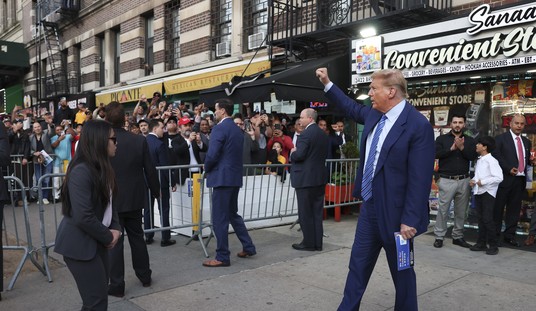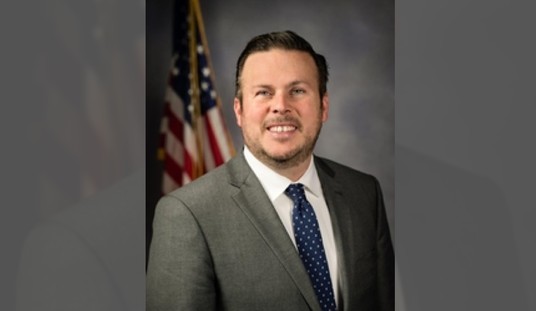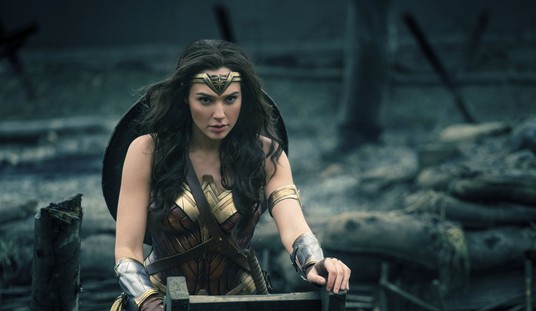Secretary of State John Kerry attested Tuesday to the massively complex challenges Washington faces in Ukraine, Russia, Iran and the Middle East, declaring “it was easier” during the Cold War.
In a candid moment during a State Department speech, the top US diplomat said changing global power dynamics made a quaint memory of the early East-West stalemate, when American children would “crouch under our desks at school and practice” safety steps for a possible nuclear attack.
“During the Cold War… it was easier than it is today — simpler is maybe a way to put it,” Kerry told aid and development experts.
“The choices were less varied, less complicated, more stark, more clear: Communism, democracy, West, East, the Iron Curtain.”
Yes, for Kerry, it was a much simpler choice deciding how to screw his country back in the day.
Shades of Bill Clinton in 1993, who as Jonah Goldberg wrote a few years ago, joked: “Gosh, I miss the Cold War.”
Because, he explained, somberly: “We had an intellectually coherent thing. The American people knew what the rules were.”
Such Cold War nostalgia vexed many conservatives. It seemed to us that the Cold War consensus had broken down with the Vietnam War. Clinton himself didn’t much like that Cold War endeavor, which is one reason he worked so assiduously to avoid serving in it. A young John Kerry did serve, but he also threw away his medals and denounced his fellow servicemen as war criminals. Jimmy Carter, meanwhile, had proclaimed that he had no “inordinate fear of Communism,” suggesting that those who disagreed with him did.
The “intellectual coherence” of the Cold War didn’t stop many liberals from opposing Ronald Reagan’s foreign-policy efforts in Europe, the Caribbean, and Central America, nor did it dampen Hollywood’s ardor in portraying Reagan as a warmonger, a dunce, or both. In the 1980s, the SANE/Freeze movement fired the minds of much of the Democratic party. And when the Cold War ended without a shot fired, the Left worked hard to give all the credit to Mikhail Gorbachev, since he seemed like a more reasonable fellow.
And speaking of the Cold War, at Reason today, Jesse Walker charts “Four Great Myths Of The McCarthy Era:”
The great radical myth of the Red Scare is that it was nothing but a scare—that the Americans accused of being Russian agents were virtually all innocent. (It’s hard to maintain that position now that the Venona files have been released and some of the left’s biggest causes célèbres have come crumbling down—at this point even Julius Rosenberg’s children have acknowledged that he was a spy—but some folks still hold onto the dream.) The great conservative myth of the period, meanwhile, is that the espionage justified the witch-hunts. People like Ann Coulter and M. Stanton Evans have taken to declaring that McCarthy was right without acknowledging that the bulk of his accusations were false, and that this was true of many other red-hunters too. And then there’s the great liberal myth of the period: the idea that the libs of the day managed to plot a course between the Soviet apologists and the paranoid hysterics, striking a delicate balance between protecting the country’s liberties and protecting its security. In fact, the Red Scare, like the Cold War itself, had liberal fingerprints all over it. . . . Speaking of Kennedy: His brother Bobby, later a liberal heartthrob, was a counsel for the McCarthy committee, and McCarthy was godfather to Bobby’s first child.
As Glenn Reynolds insta-quips, “If you don’t like the history you’ve got, just rewrite it!”
Of course, leftwing rewrites of history extend far beyond the Cold War.









Join the conversation as a VIP Member